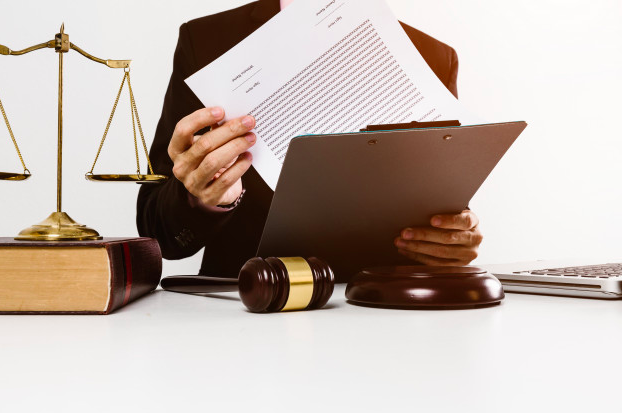
The subjects of wills and probate are very detailed. There could be pages and pages about each of them, and the majority of it would be complicated legal jargon that almost no one understands. In this article, we’ll simplify answers to the most commonly-asked questions about wills and probate.
What is a Will?
A will (also known as a last will and testament) is a legal document. A person writes a will when they want to express their last wishes as to how they want their property to be distributed after they die. The will also will name someone to manage their estate until it is wound up (i.e. until the final distribution is made).
The person who writes the will is called a testator. The person who manages the estate after the testator dies is called an executor. The people the testator leaves assets to in the will are known as beneficiaries.
What is Probate?
Just because someone has written a last will and testament does not mean that the document will automatically go into effect without a court stepping in. Probate is not a legal document—it is a judicial process. During the probate process, the last will and testament is proven valid. There must be no undue influence (people manipulating the testator), all the assets must be present and accounted for, and the will must be properly executed. If the will checks out, it will be accepted by the court as a valid public document.
Is there a Minimum Asset Requirement?
There is no minimum asset requirement for writing a will. Whether you have $1 or $1 million, you can still write a will. Many people (especially young people) think that because they do not have many assets or are a renter, they do not need a will. However, even people just starting out have at least some assets to their name and should write a will.
What Happens if I Don’t Have a Will?
If you don’t have a will, things get messy. People who die without a will are said to die intestate. In that case, the laws of your state govern how your assets are distributed. Generally, creditors are paid off first from your assets. Assets can include bank accounts, real estate, securities, stocks, houses, and possessions you own. After creditors are paid and your debts cleared, the court will organize the distribution of your assets itself.
As you can see, this is not an individualized process. A court’s goal is to clear your debts and wind up your estate quickly and efficiently. This means that your family will likely not get the assets you would want them to receive after you died. It also means your family will be tangled up in court for a long time.
Living Will vs. Last Will
A living will, also known as a healthcare directive, applies when you are still alive. It spells out your healthcare decisions in the event that you are too sick to tell a doctor what you want. For example, if you do not want to be resuscitated if your heart stops, this is something you would specify in a living will.
Should I Write My Will Myself?
Tempting though it may be to go on LegalZoom and write your will yourself, that is not a good idea. Though wills are overly complex, there are finicky details that are easy to miss if you do not have legal training. Missing one tiny detail can lead to a costly mistake that burdens your family after you’re gone. It is best to seek out an attorney for help.
Hopefully, this has helped you gain at least a basic knowledge of the will process and probate process. If you have more questions or want to write a will, you should contact an estate planning attorney.